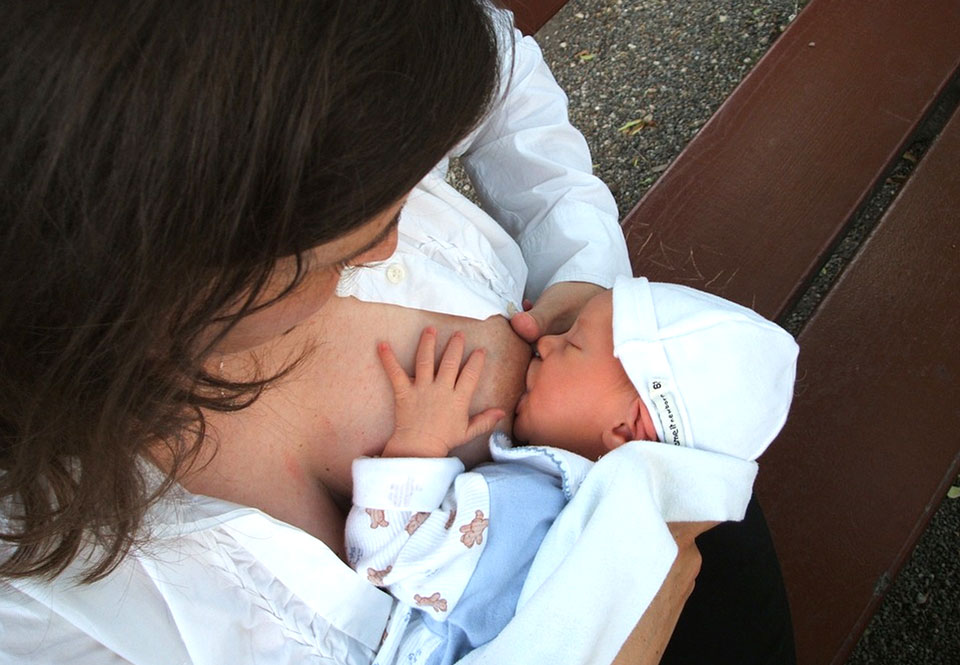Breast milk is the perfect food for your baby’s growth, development and immunity. Breastfeeding can be a richly rewarding experience for you and your baby, but it can sometimes be a challenge. It is a natural process that can take time to establish.
Frequent feeds are important as breast milk is easily digested and babies have very small stomachs which are only about the size of their fists.
Breastfeeding takes time
Newborn babies often feed slowly to satisfy hunger, as well as to receive comfort. Babies generally become more efficient feeders as they get older, with some eventually able to empty their mothers’ breast in just a few minutes. This is worth remembering as you may think that you don’t have enough milk for your baby, when in fact you are both becoming more efficient.
The more milk your baby takes from the breast, the more you will make. To establish a good milk supply let your baby feed frequently approximately 8 to 12 times in 24 hours, including throughout the night.
The Australian Government encourages exclusive breastfeeding to around five to six months of age as it provides a complete source of nutrients, is easy to digest and gives the greatest protection against stomach infections.
If you need support, Ngala recommends that you contact your child health nurse, lactation consultant or organisations like Ngala or the Australian Breastfeeding Association.
When first starting, breastfeeding takes time. Mothers can use the support of partners, friends and extended family. Having them help out in practical ways with meals, housework and minding older children is a great start.
Partner support
A partner’s support during breastfeeding can make a huge difference.
Research shows that their support and approval of breastfeeding are big factors helping mothers to breastfeed successfully.
Partners – what’s in it for you?
- You can be part of the breastfeeding experience by being close to your partner and baby during breastfeeding. When all goes well it can be a very calm and loving time that builds not only the relationship between mother and baby but between all of you.
- By being close during breastfeeding you can learn to read your baby’s language cues and see how they respond to you and become aware of your presence, your voice, and your smell.
- Breastfeeding not only helps a baby’s immunity but can reduce the risk of your partner developing pre-menopausal breast cancer, ovarian cancer and osteoporosis. It also helps with weight management and mood enhancing hormones.
- Breastmilk will protect your baby from stomach infections and improve brain development.
- Breastmilk is free! Infant formula is expensive and can cost more than $1000 a year.
- Your support is key in encouraging your partner to start, and to continue, breastfeeding. Your support can be emotional and practical – providing your partner with regular drinks and small meals and by giving her time to sleep.
Want to know more?
The Australian Breastfeeding Association – support, information and an online forum
Raising Children Network – How to breastfeed
Raising Children Network – Breastfeeding position
Raising Children Network – Breastfeeding attachment techniques
Raising Children Network – Oversupply and engorgement
Raising Children Network – Sore nipples and nipple infections
Raising Children Network – Mastitis







